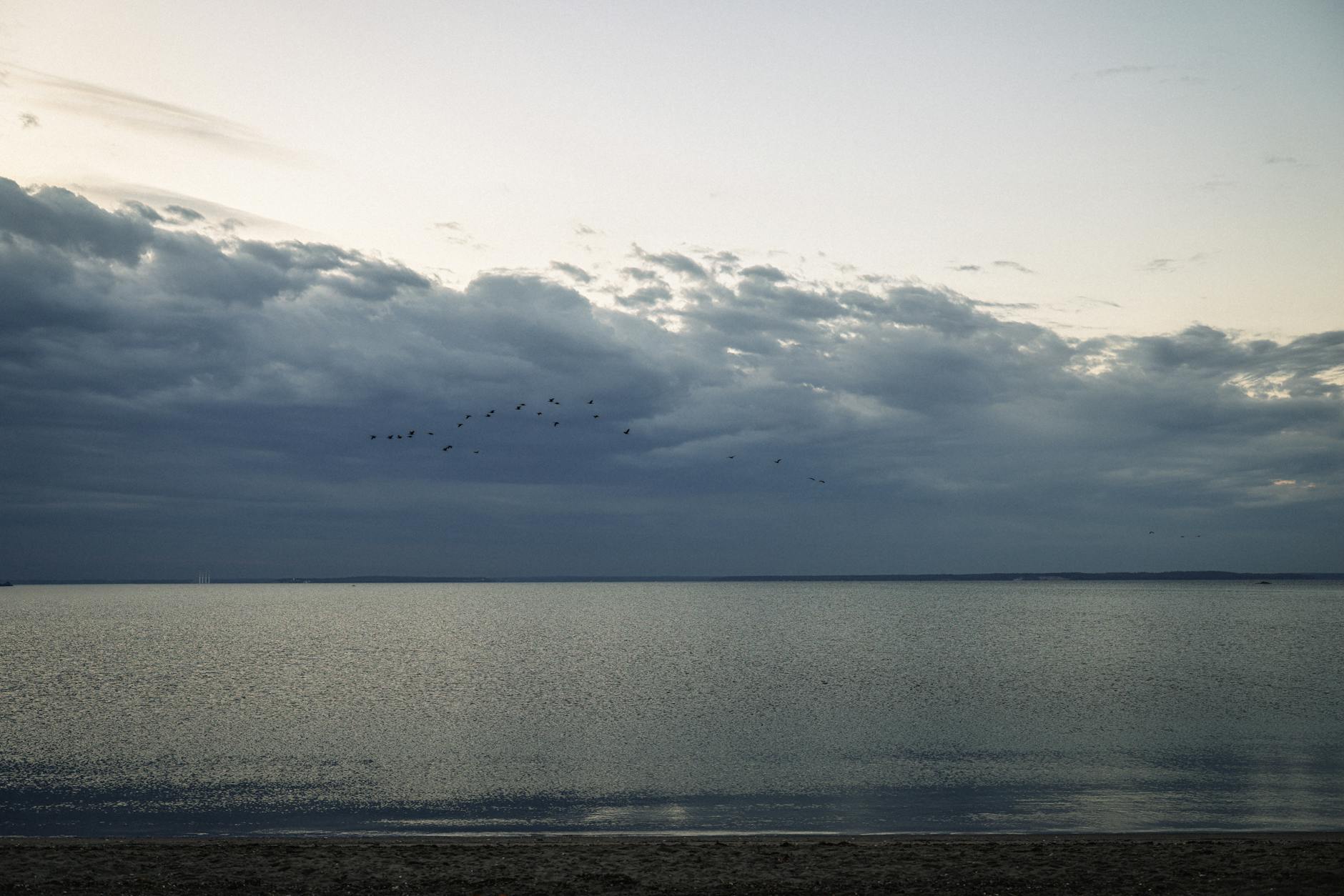Introduction: The Mid-Atlantic Coastal Acidification Network (MACAN) offers a one-year fellowship designed to immerse participants in the practical aspects of coastal and ocean acidification science, policy, industry, education, and outreach. This fellowship aims to advance knowledge and understanding of these critical environmental issues within the Mid-Atlantic region by supporting projects that align with the MACAN 2024-2028 Workplan. The program emphasizes hands-on learning through interaction with mentors and focuses on data compilation and analysis, complemented by the development of outreach and education materials. (Source URL: https://www.noaa.gov/education/stories/fellowship-science-outreach-in-mid-atlantic-ext)
In-Depth Analysis: The MACAN fellowship is structured as a virtual network, bringing together a diverse group of stakeholders including researchers, educators, decision-makers, industry representatives, policy experts, and leaders from federal, state, local, and tribal governments. This collaborative approach is central to MACAN’s mission of advancing the understanding of coastal and ocean acidification effects. The fellowship itself is a year-long program intended to provide an immersive, real-world learning experience. A core component of the fellowship involves supporting one or more projects that directly contribute to the objectives outlined in the MACAN 2024-2028 Workplan. Fellows are expected to engage closely with mentors to gain foundational knowledge across multiple disciplines related to coastal and ocean acidification. The fellowship’s primary focus is on data compilation and analysis. However, it also includes the creation of outreach and education materials, with the specific nature of these materials being determined by the fellow in consultation with partners and mentors. This consultative process ensures that the outreach efforts are relevant and impactful. The fellowship is positioned as an educational initiative, as indicated by its categorization under “Education” within the provided source material. (Source URL: https://www.noaa.gov/education/stories/fellowship-science-outreach-in-mid-atlantic-ext)
Pros and Cons: The fellowship offers several strengths. Its virtual network structure allows for broad participation from a diverse range of professionals and leaders across different sectors and governmental levels, fostering a comprehensive understanding of coastal and ocean acidification issues. The immersive, real-world learning opportunity, coupled with mentorship, provides practical experience in a critical environmental field. The focus on data compilation and analysis equips fellows with valuable analytical skills, while the mandate to create outreach and education materials ensures that scientific knowledge is disseminated effectively to broader audiences. The alignment with the MACAN 2024-2028 Workplan ensures that the fellowship’s activities contribute to a larger, strategic effort. A potential limitation, inherent in any fellowship program, is the reliance on the fellow’s initiative and the quality of mentorship provided. The success of the outreach and education component is also dependent on the fellow’s ability to translate complex scientific information into accessible formats, a task that requires specific communication skills. Furthermore, while the virtual nature broadens reach, it may limit the depth of in-person collaboration and networking opportunities that can arise from a physical fellowship. (Source URL: https://www.noaa.gov/education/stories/fellowship-science-outreach-in-mid-atlantic-ext)
Key Takeaways:
- The Mid-Atlantic Coastal Acidification Network (MACAN) offers a one-year fellowship focused on coastal and ocean acidification.
- The fellowship is designed as an immersive, real-world learning experience in science, policy, industry, education, and outreach.
- Fellows will work on projects aligned with the MACAN 2024-2028 Workplan and receive mentorship.
- A primary focus of the fellowship is data compilation and analysis.
- The program also involves the creation of outreach and education materials, determined in consultation with partners and mentors.
- MACAN is a virtual network comprising researchers, educators, decision-makers, industry representatives, policy experts, and government leaders.
(Source URL: https://www.noaa.gov/education/stories/fellowship-science-outreach-in-mid-atlantic-ext)
Call to Action: Individuals interested in advancing their knowledge and practical skills in coastal and ocean acidification, particularly within the Mid-Atlantic region, should consider exploring the opportunities presented by the MACAN fellowship. Prospective applicants should familiarize themselves with the MACAN 2024-2028 Workplan to understand the strategic direction of the network and identify potential project areas. Furthermore, understanding the diverse stakeholder groups involved in MACAN can provide insight into the collaborative nature of the fellowship and the potential for interdisciplinary learning and impact. (Source URL: https://www.noaa.gov/education/stories/fellowship-science-outreach-in-mid-atlantic-ext)


Leave a Reply